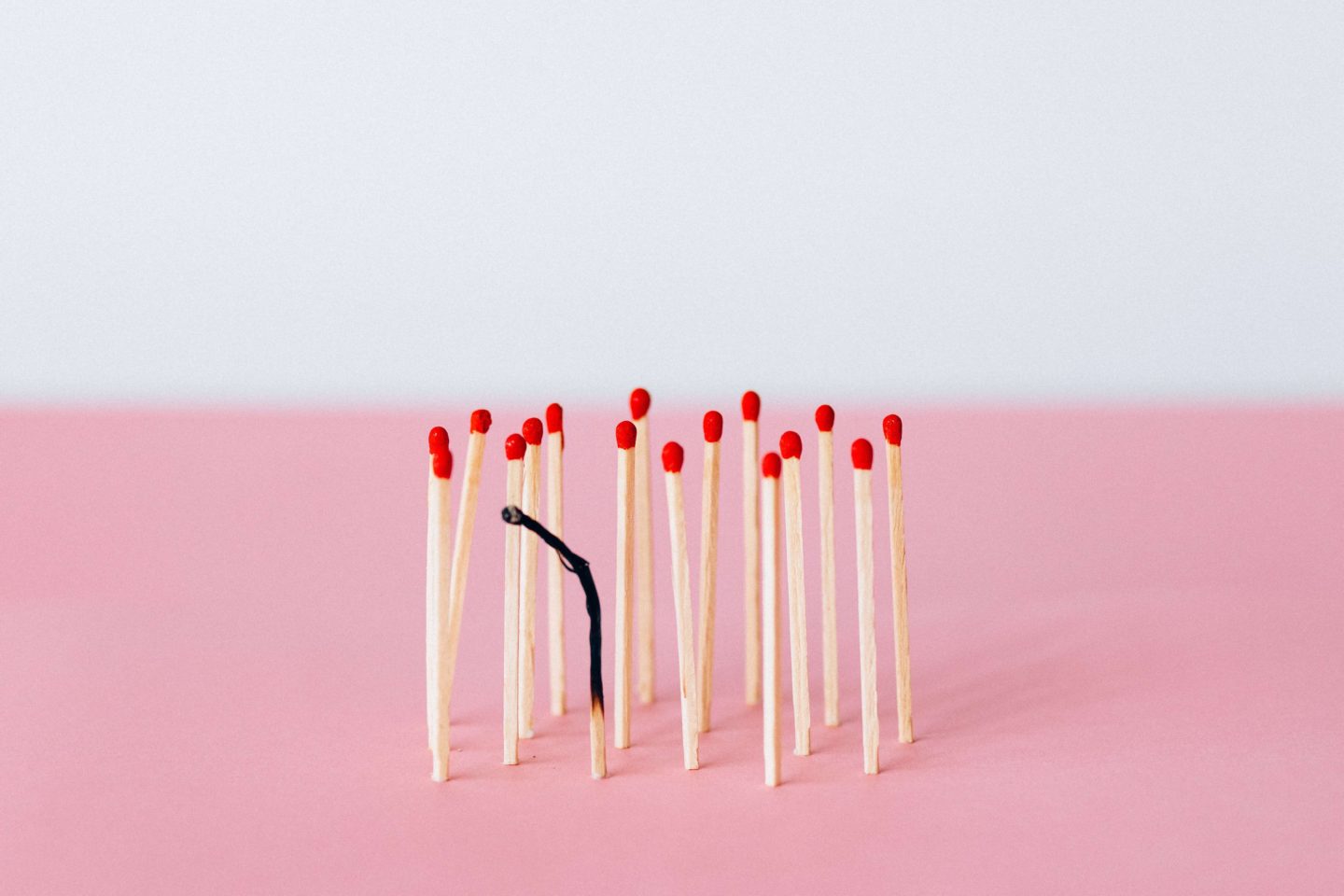Burnout isn’t just a buzzword in today’s world of work; it’s a reality.
According to a report on workforce productivity, 59% of American workers are experiencing at least moderate levels of burnout. Stress and uncertainty cause burnout, leading to lower job satisfaction, negative perceptions of work-life balance, and a higher likelihood of seeking a new job. Of course, burnout is as detrimental for employees as it is for the organizations they are a part of.
In a previous post, we went over the importance of wanting our goals enough to go after them. In the case of burnout and preventing it, it’s high time we approach it with intent and take the initiative. The less we exhaust ourselves, the sooner we can fulfill our dreams and live the life we want. Fortunately, there are simple ways to manage burnout in our daily habits — namely, through nutrition. In today’s post, we’ll go over how your diet can help prevent burnout:

A healthy diet sustains us for busy days
For starters, food provides us with energy for our daily tasks. A balanced diet provides the right nutrition that supports all bodily and mental functions. Personalised programmes designed for managing weight and nutrition focus beyond calories nowadays. Complex nutritional factors such as sugars, fibre, protein, and fats are part of the big-picture nutrition data that impact your body in different ways. These programmes also aren’t focused on extreme dietary and lifestyle changes, instead focusing on a balance of exercise and adequate sleep on top of a healthy diet, all of which are important to fuel your body’s energy for busy days.
Leafy greens help combat stress
Most of us probably grew up being told how good vegetables are for our health. What we don’t know is how eating more fruits and vegetables is associated with less stress, as these reduce inflammation and oxidative stress, improving mental well-being. To be more specific, leafy greens like spinach, kale, and collard greens contain magnesium and folate, which is a vitamin that helps produce dopamine and serotonin. We know the effects of severe stress on our mood and productivity, so incorporating more leafy greens into our daily diet will surely help. While it’s impossible not to experience stress at all, the nutrients and vitamins we get from leafy greens will make handling stress a lot easier.
Fats boost brain health
Lastly, fats are actually beneficial to our brain health and development. Omega-3 fatty acids, which are found in foods such as flaxseeds, chia seeds, walnuts, and seaweed, are essential for our brain functions. Fatty fish like salmon, tuna, and sardines are also excellent sources of omega-3 fatty acids. A study on the importance of marine omega-3s for brain development found that docosahexaenoic acid (DHA) — a long-chain omega-3 fatty acid — is crucial for brain and eye development. DHA plays a significant role in mental health for early childhood development and adulthood. On the other hand, a low intake of marine omega-3s was found to increase the risk for mental health issues such as Attention Deficit Hyperactivity Disorder (ADHD) and depression.
Your diet goes beyond achieving weight goals or a lifestyle change. The nutrients that go into your body help improve your mental resilience and help you handle stress without making you burn out. On top of mental health and development, a healthier diet will also generally give your body more energy to go through busier work days. It’s essential to put in the work to achieve our goals and dreams, of course, but it’s equally important to take care of your body by eating healthier.
This article’s content is provided for informational purposes only and is not intended to be a substitute for professional advice and consultation, including professional medical advice and consultation; it is provided with the understanding that Uptown Style, LTD (“Uptown Style”) is not engaged in the provision or rendering of medical advice or services. You acknowledge and agree that Uptown Style is not liable for any claim, loss, or damage resulting from the use of, or reliance on, any content or information in the article.
Up next, be the first to know our weekly content and sign up for our Uptown Style newsletter.
